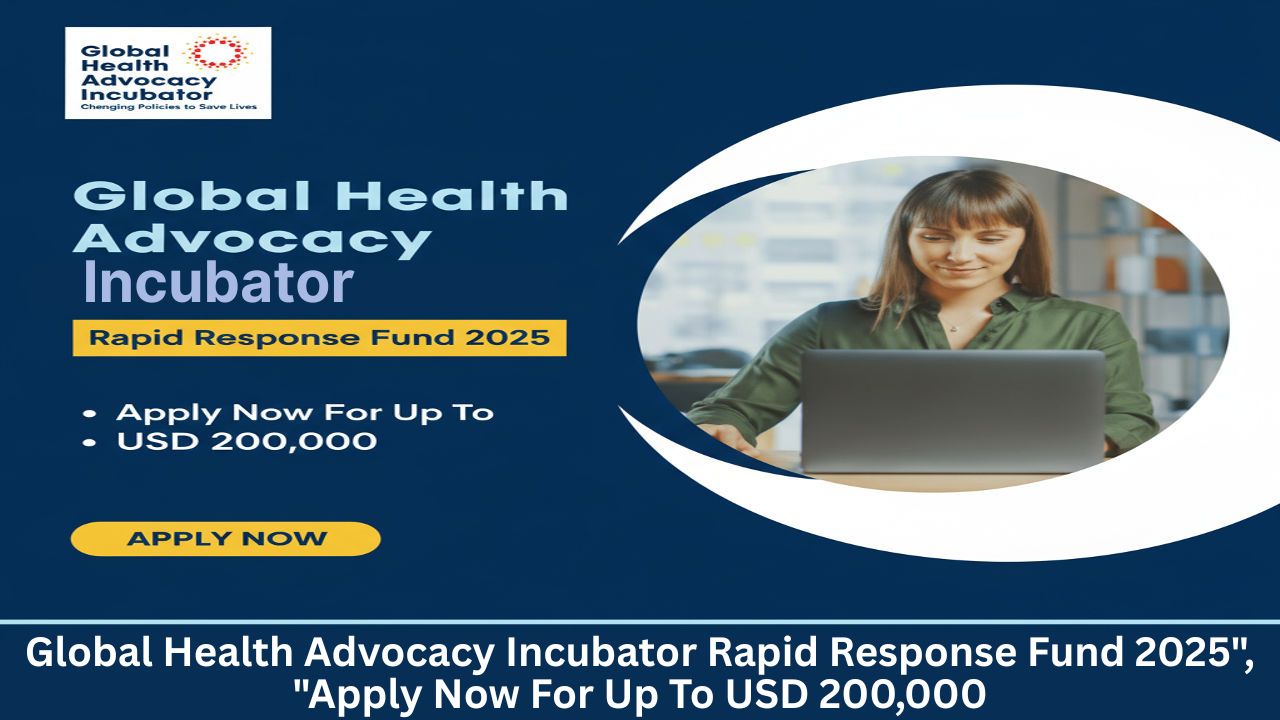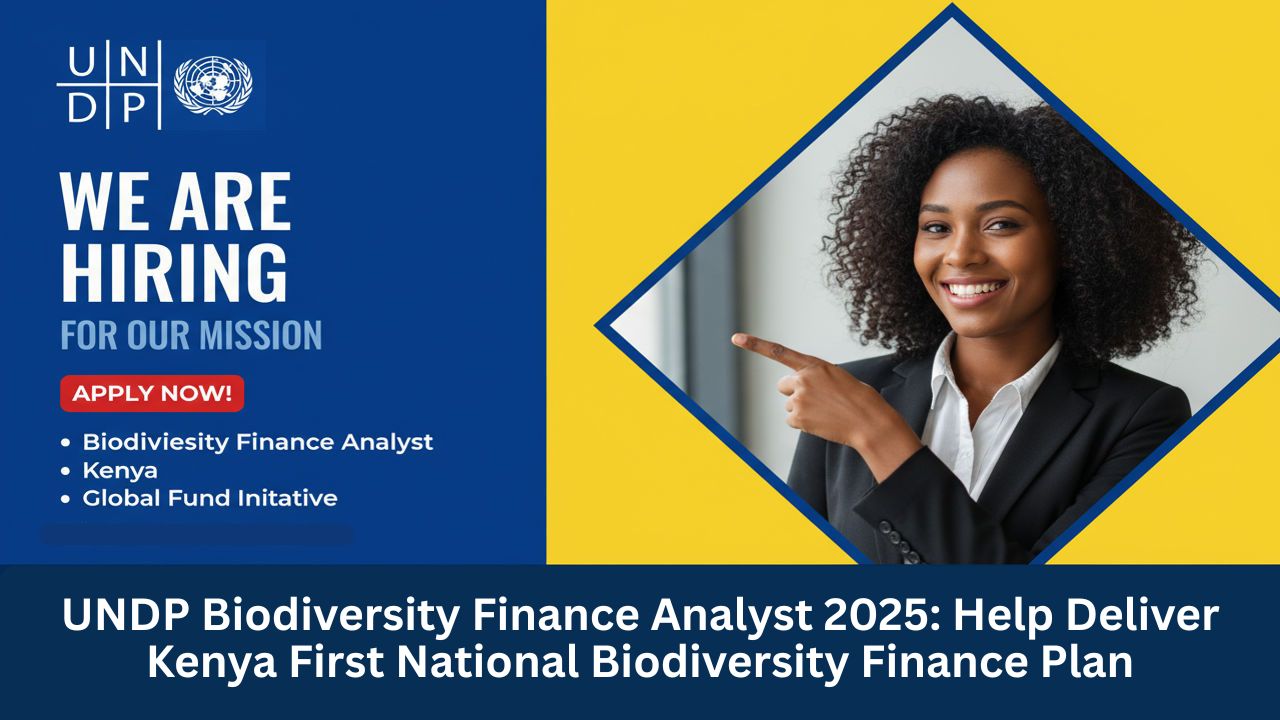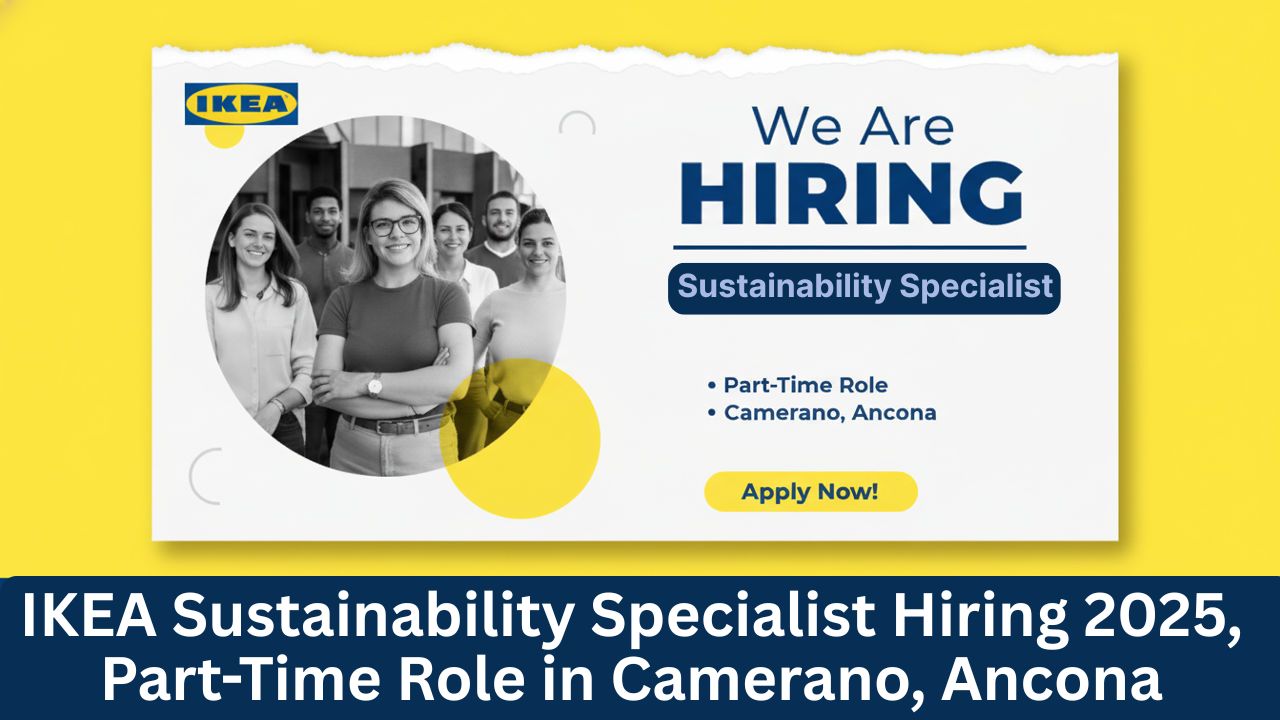The Global Health Advocacy Incubator has opened its Food Policy Rapid Response Fund for civil society groups leading time sensitive campaigns that can win or defend strong food policy in one year or less. The fund backs practical advocacy to reduce ultra processed foods and sweetened beverages and to improve access to nutritious food through mandatory national level measures. Grants can reach USD 200,000 and include strategic and technical support so organizations can move quickly, counter opposition, and secure measurable policy outcomes.
Global Health Advocacy Incubator Rapid Response Fund 2025 Quick summary table
Item |
Details |
|---|---|
Funding window |
Food Policy Rapid Response Fund 2025 |
Grant size |
Up to USD 200,000 |
Duration |
Up to 12 months |
Application deadline |
10 November 2025 at 23:59 EST |
Eligible applicants |
Registered non profit civil society organizations in low and middle income countries that can receive foreign funding |
Core focus |
Passing, strengthening, or protecting mandatory national healthy food policies |
Priority policy areas |
Fiscal measures, front of package warning labels, marketing restrictions, procurement policies, dietary guidelines or nutrient profile models |
Ineligible focus |
Research or education projects without a concrete policy change objective |
Not eligible countries |
Brazil, Colombia, Mexico, Barbados, Jamaica, South Africa, Kenya, Ghana |
Official link |
|
Contact |
What this funding is designed to do
The Rapid Response Fund supports one year advocacy campaigns that seize urgent political windows. The aim is to pass new laws and regulations, strengthen existing rules, or prevent harmful policy rollbacks. Support combines direct funding with strategic and technical guidance so grantees can plan, mobilize coalitions, respond to opposition, and deliver a credible policy win with clear public health impact.
What gets funded
Five eligible policy areas
- Fiscal policies
Excise taxes that reduce demand for ultra processed foods and sweetened beverages, as well as revenue earmarking or subsidies that enhance access to healthy foods. - Front of package warning labeling
Mandatory, evidence based, easy to understand warnings on packaged products high in nutrients of concern. - Marketing restrictions
Comprehensive limits on advertising, promotion, and sponsorship of ultra processed foods and sweetened beverages, with a focus on protecting children. - Procurement policies
Mandatory nutrition standards that restrict or prohibit unhealthy products in public institutions such as schools and public health facilities and promote healthy options. - Dietary guidelines or nutrient profile models
Government adoption of strong national food based dietary guidelines or nutrient profile models that underpin other policies.
Policies should be mandatory and national in scope. Subnational initiatives can be considered if there is a clear path to national impact.
Who can apply
- Civil society or non governmental, not for profit organizations legally registered in their home country and able to receive foreign funding.
- Operating in low and middle income countries.
- Demonstrated track record in policy advocacy and capacity to manage grants of this size.
- No financial ties within the stated timeframes to industries producing or representing tobacco, ultra processed foods, or sweetened beverages.
- Joint submissions are welcome. Up to three co applicants can submit a single concept note that shows complementary roles.
Geographic note
- Organizations in Brazil, Colombia, Mexico, Barbados, Jamaica, South Africa, Kenya, and Ghana are not eligible.
- For Ethiopia, Nigeria, India, Bangladesh, China, the Philippines, and Thailand only concept notes on fiscal policies will be accepted.
Funding amount and duration
- Up to USD 200,000 per award.
- Project period up to 12 months.
- Budgets should match the scale of work and show strong financial controls, value for money, and feasible cost profiles for staffing, coalition building, media, legal drafting, and decision maker engagement.
What is not funded
- Projects centered on research, monitoring, or education without a concrete policy objective and pathway to adoption or protection.
- Activities with conflicts of interest linked to restricted industries.
- Efforts that are purely service delivery or awareness campaigns without a policy change target.
How proposals are reviewed
An independent committee of food policy experts assesses concept notes on the following dimensions.
- Relevance to the five eligible policy areas.
- Clarity of the policy objective, milestones, and work plan.
- Strength of the evidence base for the intervention.
- Alignment between activities and budget.
- Public health impact and political feasibility.
- Organizational capacity and advocacy record.
Only shortlisted applicants are invited to submit a full proposal.
Step by step application guide
- Confirm eligibility
Check country status, organizational status, and absence of conflicts of interest. - Define the policy objective
Specify the legal instrument, the decision maker, the minimum required provisions, and the path to enactment or defense. - Map the political window
Identify dates for hearings, committee reviews, budget cycles, or elections that create urgency for a 12 month campaign. - Build a milestones plan
Draft clear monthly or quarterly milestones that connect advocacy actions to real policy movement. - Develop a lean budget
Align spend to the work plan. Include staffing for policy analysis and coalition management, legal and technical drafting, stakeholder outreach, strategic communications, rapid response, and monitoring. - Prepare the concept note
Use the online form. A Word version is available to draft offline. - Submit on time
Deadline is 10 November 2025 at 23:59 EST. All submissions must be in English. - Monitor inbox
Shortlisted applicants will receive instructions for a full proposal. If no response by 15 January 2026, you may inquire about status.
Practical tips to strengthen your concept note
- State the exact policy text you seek to adopt or protect and why it is aligned with global best practice.
- Show how your coalition covers legal drafting, policy analysis, communications, grassroots mobilization, and decision maker engagement.
- Anticipate opposition tactics and include countermeasures such as rapid rebuttals, media training, and legal opinions.
- Present a realistic timeline tied to the legislative or regulatory process.
- Use a simple monitoring plan with two or three outcome indicators linked to the policy process.
Timeline
- Concept note deadline: 10 November 2025
- Shortlisting and invitations for full proposal: rolling after the deadline
- Status inquiry window: from 15 January 2026 if no notification received
- Project period: up to 12 months from grant start
Frequently asked questions
Can universities or research institutes apply?
Yes if they are registered not for profit entities and the project is advocacy focused with a concrete policy objective.
Are subnational policies eligible?
Yes if the plan shows a credible path to national replication or national level impact.
Can we request funds for evaluation?
Light evaluation and tracking tied to policy milestones is acceptable. Standalone research projects are not.
Can multiple organizations apply together?
Yes. Up to three co applicants can submit a joint concept note with clear roles and shared governance.
Is language perfection required?
No. Proposals must be in English but clarity of ideas, policy pathway, and feasibility are the priority.
What if our country is listed as ineligible?
You cannot apply to this round. Monitor future calls for changes in country eligibility.
For More Information Click Here










